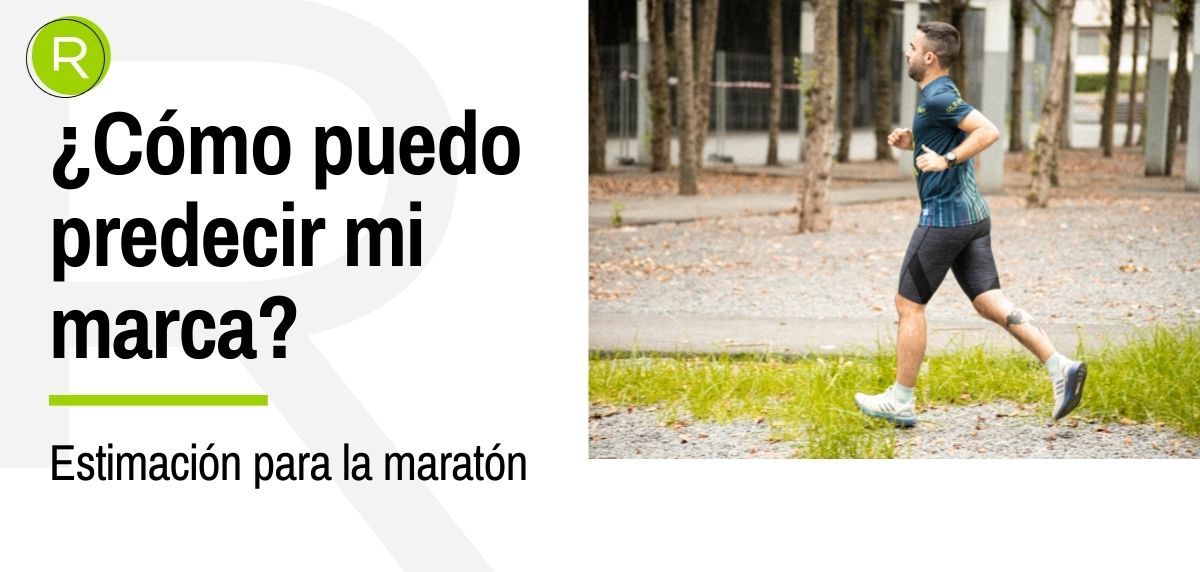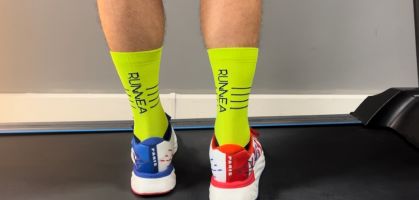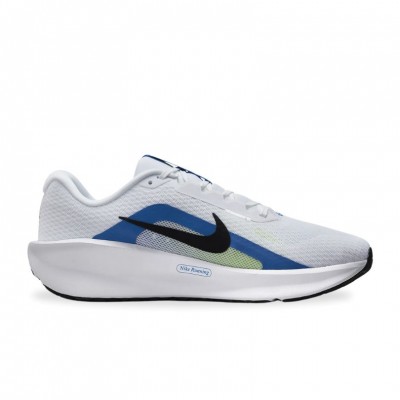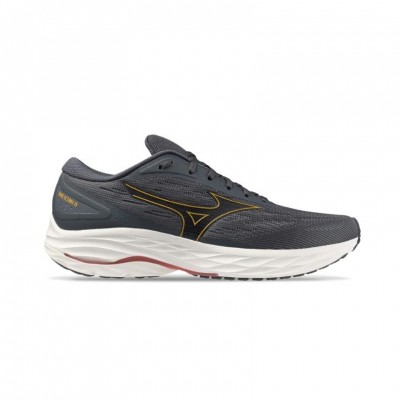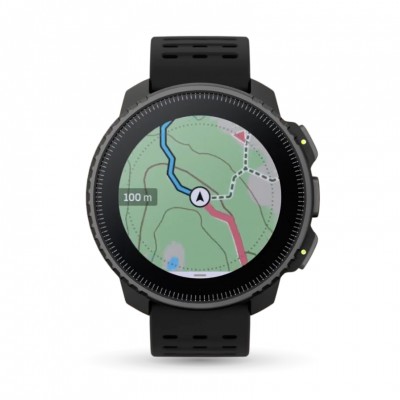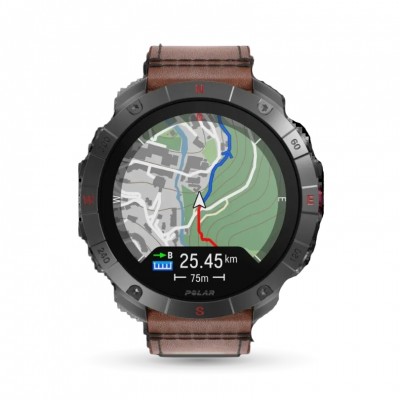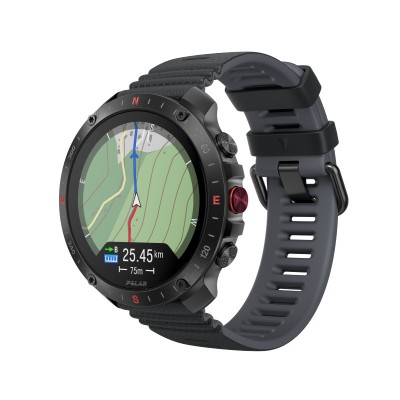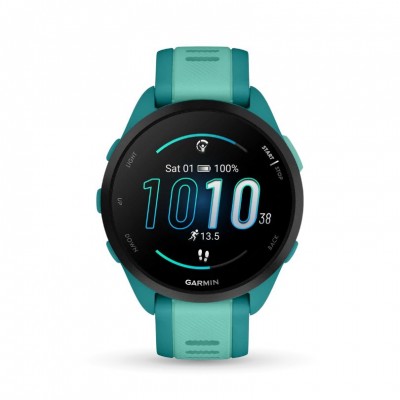Any competition that we want to face will always involve a small or big personal challenge, which is why at certain times during the training process, we may be assaulted by various doubts that sometimes generate some headaches, such as the prediction of a mark in distances such as the marathon.
Of course, in addition to Running shoes, training plans play a key role in achieving our goals in the dreaded 42k distance.
How can I predict my time before a marathon?
Usually these questions generate a certain insecurity, especially when we compare ourselves with others, for example: am I running too few kilometers for my goal? I do not reach the established speed in the repetitions, and a long etcetera. In those moments it is important to maintain confidence in the training plan and stick to it.

On the other hand, another of the main doubts that haunt us as the weeks prior to the competition arrive are related to the estimation of the time we will achieve in the race. Obviously, this is something that we can intuit as we progress in our training program.
Estimating the pace in order to establish a race strategy and target pace will be vitally important.
Popular races are back and you need a plan. We have it!
A PDF is not enough. Someone else's plan doesn't fit you. You need to be yourself. You need to be thought of. You don't want to gamble with your health. At RUNNEA we have a plan for you. A plan that will help you reach YOUR goal, not someone else's.
RUNNEA is the platform that combines the human knowledge of professionals in Physical Activity and Sports Sciences and artificial intelligence to offer athletes a personalized training and nutrition plan. A plan that adapts to any goal and that you can try for free during the first month.
Currently there are numerous brand prediction equations for almost any distance, depending on the variables they use to predict they will be more or less accurate. However, like any prediction, they will have a margin of error that in some cases may not be acceptable to the runner.
An example of this may be that based on my previous performance in a 10 km, I am predicted a time of 3h:15min in a marathon with a margin of error of ± 20 minutes which can not be assumed because this error is very wide, it will not be the same to run a marathon at 4:37 min/km than at 4:09 min/km or 5:06 min/km.

If we focus on the marathon, the scientific literature will be able to provide us with an infinite number of performance predictor equations (for more information, consult the work of Keogh et al., 2019), all of them capable of estimating time and all of them with limitations in the form of a greater or lesser error in their final time calculation.
- You may beinterested in: How to correctly understand your heart rate to improve as a runner.
Suggestions for estimating marathon times
At this point we must make an important division, many proposals are based on laboratory tests or on variables that must be measured thanks to specific and relatively expensive devices. Although these means are undoubtedly very useful, unfortunately they are not accessible to the great number of popular runners. We will therefore focus on proposals based on variables that are easy to collect.
In the first place, we can observe relatively simple proposals such as those based on a previous mark, over a shorter distance, to establish the marathon mark. An example of this would be the equation: 4.76 x 10 km race record. This estimation requires a recent 10 km time, so sometimes it is not recommended to be applied in the weeks prior to the main competition.

In this same line, and with a less closed application, as far as previous distance is concerned, is the proposal of Riegel (1981). By means of this equation:
Tº in marathon=T1x(42,195/precedingdistance)^1,06.
- Where: T1= time over the previous distance.
When applying this proposal it is necessary to clarify that the distances used to predict the marathon time should be greater than 3000 meters. In turn, this equation can predict the performance with greater accuracy in faster runners, being necessary to adjust it for those runners with a worse performance. Therefore, there are proposals to modify the fatigue factor shown as an exponent from 1.06 to 1.15 or even to calculate this valor individually.
Among the innumerable proposals, there are equations that use more variables in order to improve their prediction. In this sense, Slovic (1977) presents several equations:
Tº marathon= 0.69 x (tº in sec. of the fastest mile)-12.8
Tº in marathon= 0.51 x (tº sec. fastest mile) - 143 x (if you have finished a marathon multiply by 1, otherwise multiply x 0) - 05 x (miles run in the last 8 weeks of training before the marathon) - 1.22 x (longest training (in miles) + 94.0).
On the other hand, if we take into account that almost all marathon programs contemplate, running the previous weeks, a half marathon, the equation developed by Williams (2018) may be a good option:
(tº in half marathon) x 2.15.
Although all the proposed equations have some kind of limitation or error, they are very useful to be able to evaluate our performance and to be able to establish a realistic race pace. In spite of this, it will be necessary to carry out some campo tests to be able to be more precise in the choice of the competition pace, especially for long distance races.
Bibliography
- Keogh A, Smyth B, Caulfield B, Lawlor A, Berndsen J, Doherty C. Prediction Equations for Marathon Performance: A Systematic Review. Int J Sports Physiol Perform. 2019 Oct 1;149):1159-1169. doi: 10.1123/ijspp.2019-0360. PMID: 31575820.
- Riegel PS. Athletic Records and Human Endurance: A time-vs.-distance equation describing world-record performances may be used to compare the relative endurance capabilities of various groups of people. Am Sci. 1981;693):285-90.
- Slovic P. Empirical study of training and performance in the marathon. Res Q 13 Am Alliance Heal Phys Educ Recreat. 1977;48(4)769.
- Williams I. An updated formula for marathon running success [Internet]. The Guardian. 2018 [cited 2018 Nov 20]. Available from: https:running formula-for-marathon-running-success.
Read more news about: Running Training
